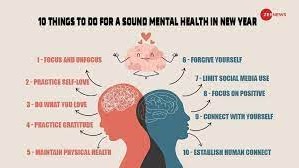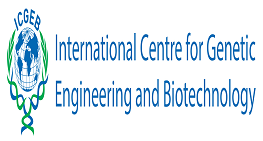
1.)Muscle Mass and Strength :
As we age, there is a gradual loss of muscle mass and strength, a process known as sarcopenia. This can lead to reduced mobility and increased vulnerability to injury. Regular strength training and a protein-rich diet can help mitigate these effects.
2.)Bone Health :
Age-related changes, such as a decrease in bone density, can increase the risk of fractures and osteoporosis. Proper nutrition with an emphasis on calcium and vitamin D, along with weight-bearing exercises, are crucial for maintaining bone health.
3.)Metabolism and Weight:
Metabolism tends to slow down with age, making weight management more challenging. Focusing on a balanced diet, portion control, and staying active is key to maintaining a healthy weight.
4.)Cardiovascular Health :
Aging is associated with an increased risk of cardiovascular issues, including hypertension and heart disease. Regular exercise, a heart-healthy diet, and regular check-ups can help manage these risks.
5.)Cognitive Changes :
Age-related cognitive changes, such as mild memory lapses, are common. Staying mentally active through activities like puzzles and lifelong learning can help keep the mind sharp.
6.)Vision and Hearing :
Vision and hearing often decline with age. Regular eye and hearing exams, along with the use of corrective devices, can help maintain these senses.
7.)Joint Health :
Arthritis and joint pain become more prevalent as we age. Low-impact exercises, physical therapy, and anti-inflammatory medications can alleviate discomfort.
8.)Dental Health :
Dental issues like gum disease and tooth decay are more common among older adults. Regular dental check-ups and good oral hygiene are essential for maintaining dental health.
9.)Digestive System Changes :
Age-related changes in the digestive system can lead to issues like constipation and food intolerances. A high-fiber diet and adequate hydration can help prevent these problems.
10.)Mental Health and Emotional Well-Being :
Seniors are susceptible to mental health challenges like depression and anxiety. Staying socially connected, seeking professional help when needed, and pursuing hobbies are all beneficial for emotional well-being.
11.)Immune System :
The immune system weakens with age, making seniors more susceptible to infections. Staying up to date with vaccinations and maintaining a healthy lifestyle can help boost immunity.
12.)Medication Management :
Seniors often take multiple medications. Proper medication management, including consulting with healthcare providers about potential interactions, is crucial for safety and effectiveness.
Conclusion:
Understanding the various age-related health changes is the first step in proactively managing one's health as they age. While some changes are inevitable, many can be mitigated or delayed through a combination of healthy lifestyle choices, regular medical check-ups, and support from healthcare professionals. By staying informed and taking a proactive approach, individuals can lead fulfilling and active lives well into their senior years. Age is just a number, and with the right strategies, it's possible to age gracefully and enjoy a high quality of life.










